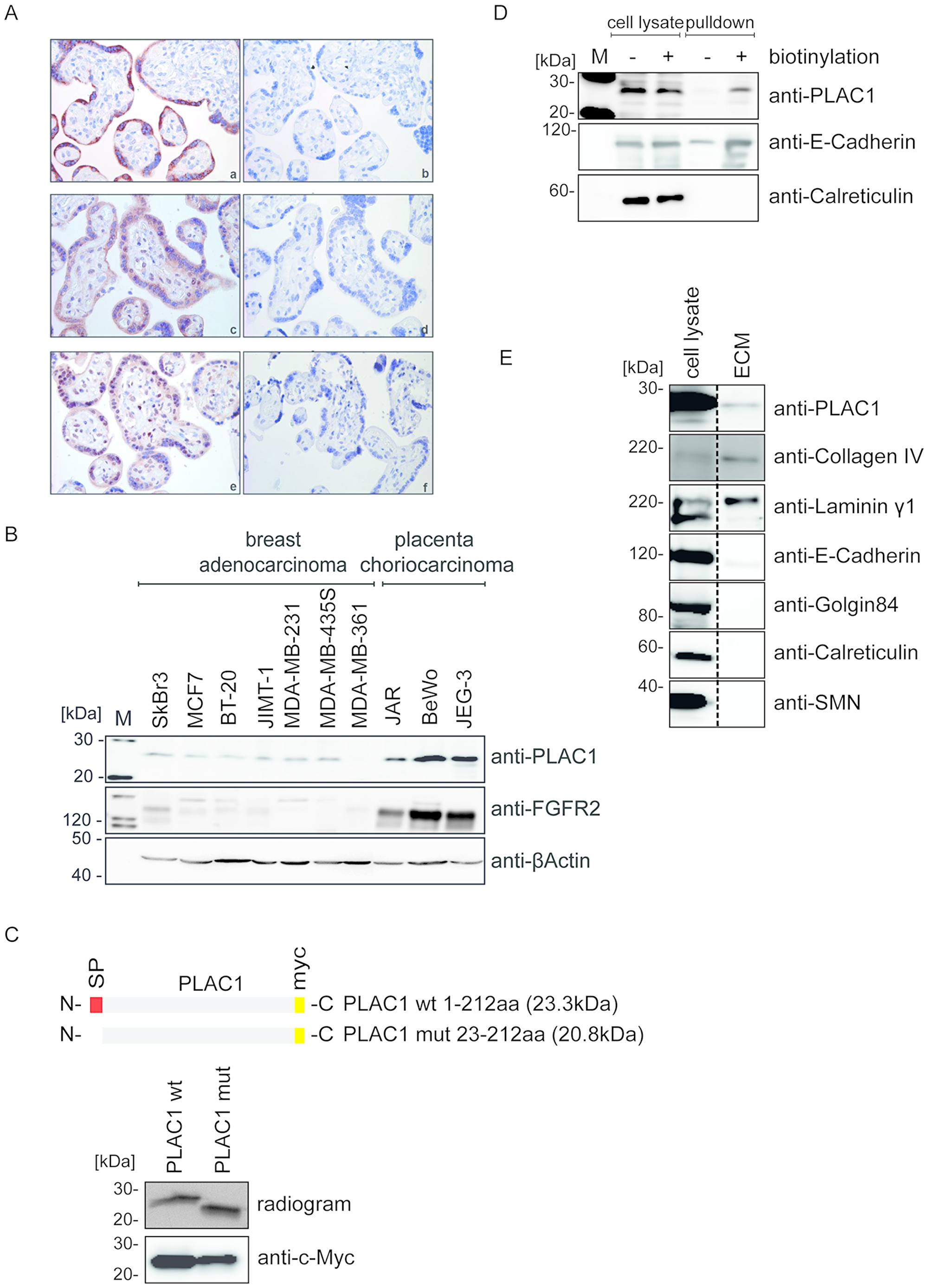Volume 11, Issue 20 of @Oncotarget reported that the Research Team studied human choriocarcinoma and breast cancer cell lines to explore the localization and receptor-ligand interactions, as well as the downstream effects of PLAC1.
They further show that PLAC1 signaling via FGFR2IIIb activates AKT phosphorylation in cancer cell lines.
Dr. Ugur Sahin from TRON–Translational Oncology at the University Medical Center of the Johannes Gutenberg University Mainz, Mainz, Germany said, "Placental trophoblasts and cancer cells exhibit shared characteristics."
"Placental trophoblasts and cancer cells exhibit shared characteristics"
- Dr. Ugur Sahin, TRON–Translational Oncology at the University Medical Center of the Johannes Gutenberg University Mainz
With malignant transformation, PLAC1 is frequently activated and highly expressed in various tumor types, especially in breast cancer and prostate cancer.
Inhibition of PLAC1 in cancer cells leads to cell cycle arrest via a reduction in AKT phosphorylation and cyclin D levels.
The expression of PLAC1 in cancer cells also induces cellular and humoral immune responses via activation of cytotoxic T cells and antibody responses to antigen-presenting cells that carry PLAC1-derived peptides, which leads to the elimination of PLAC1-positive cancer cells.

Figure 1: PLAC1 is co-expressed with FGF7 and FGFR2 in placenta and human cancer cells and is released into the ECM. (A) Immunohistochemical staining of sections from placental syncytiotrophoblast tissue with anti-PLAC1 (a), anti-FGFR2 (c), and anti-FGF7 (e) antibodies; negative control tissue sections were not treated with the primary antibody (b, d, f; magnification: 40×). (B) Protein expression of PLAC1 and FGFR2 was analyzed by Western blotting in breast adenocarcinoma and placental choriocarcinoma cell lines. (C) Wild-type (wt) and mutated (mut) PLAC1 constructs were analyzed by sodium dodecyl sulfate–polyacrylamide gel electrophoresis (SDS-PAGE) and autoradiography after coupled in vitro transcription and translation (upper panel) or by Western blotting of transfected HEK293T cell lysates (lower panel). (D) NeutrAvidin pulldown assays of biotinylated and non-biotinylated BeWo cell surface proteins. Pulldown samples and crude cell lysate were subjected to Western Blot analysis. (E) Isolated ECM fractions from BeWo and crude cell lysates were analyzed by Western blotting using antibodies against ECM proteins.
This study investigated and characterized the link between PLAC1 and the FGF7/FGFR2IIIb signaling axis, and evaluated the potential role of PLAC1 in tumor cells.
They evaluated the role of PLAC1 in tumor cells using PLAC1 knockdown and cell signaling assays.
The Sahin Research Team concluded in their Oncotarget Research Article, "this study demonstrates the contribution of PLAC1 to cell proliferation in placental and tumor tissues. Our results provide the rationale for the clinical development of therapies designed to inhibit PLAC1 function. The role of PLAC1 and its cancer-selective, cell-surface expression makes it an attractive candidate for antibody-mediated therapeutic strategies."
Sign up for free Altmetric alerts about this article
DOI - https://doi.org/10.18632/oncotarget.27582
Full text - https://www.oncotarget.com/article/27582/text/
Correspondence to - Ugur Sahin - [email protected]
Keywords - PLAC1, tumorigenesis, extracellular matrix, fibroblast growth factor, AKT
About Oncotarget
Oncotarget is a biweekly, peer-reviewed, open access biomedical journal covering research on all aspects of oncology.
To learn more about Oncotarget, please visit https://www.oncotarget.com or connect with:
SoundCloud - https://soundcloud.com/oncotarget
Facebook - https://www.facebook.com/Oncotarget/
Twitter - https://twitter.com/oncotarget
LinkedIn - https://www.linkedin.com/company/oncotarget
Pinterest - https://www.pinterest.com/oncotarget/
Reddit - https://www.reddit.com/user/Oncotarget/
Oncotarget is published by Impact Journals, LLC please visit http://www.ImpactJournals.com or connect with @ImpactJrnls
Media Contact
[email protected]
18009220957x105


